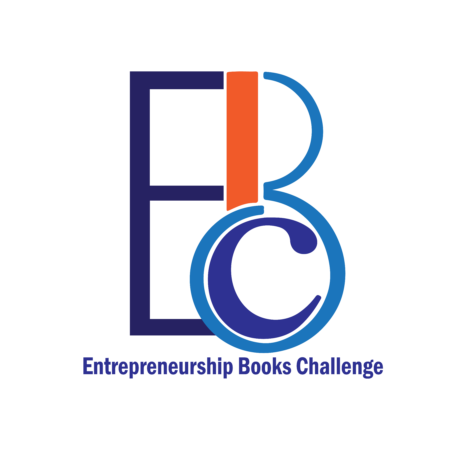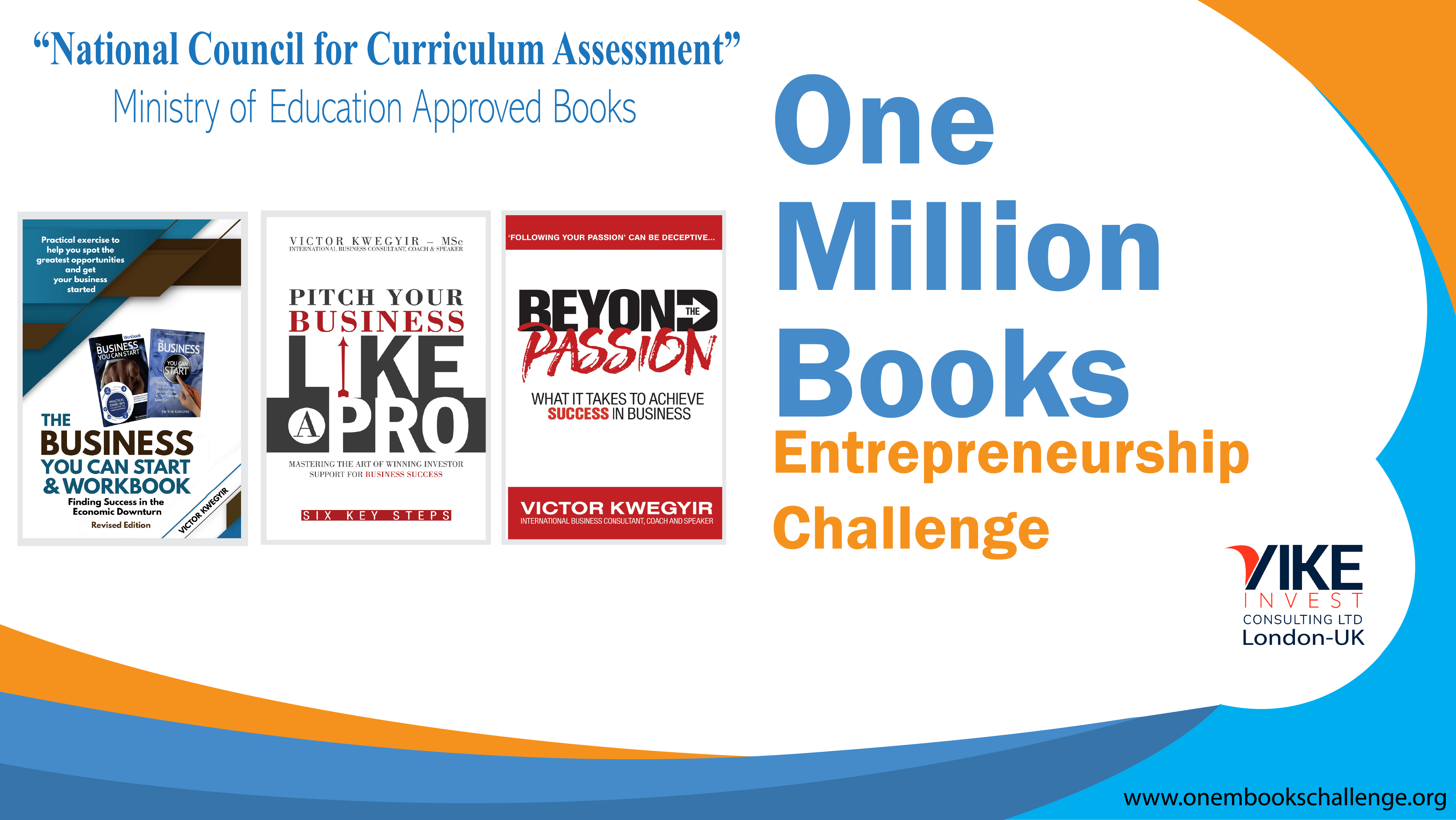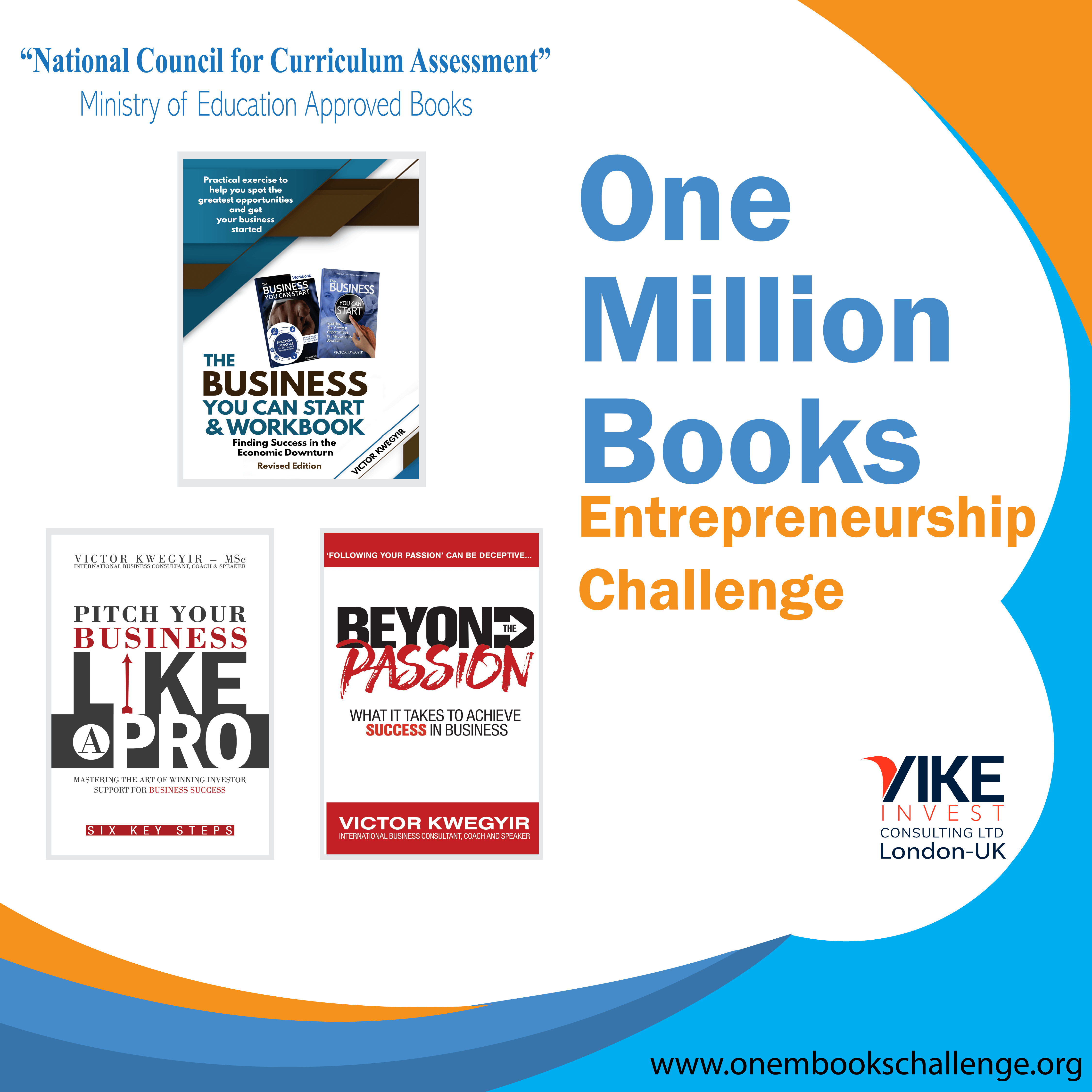
INTRODUCTION TO THE CHALLENGE
“The young people in Africa are confronted with multiple challenges ranging from economies that grew but could not create sufficient jobs prior to the global financial and economic crisis to sluggish growth post crisis… Africa is the only region where the youth bulge will continue to grow in the foreseeable future, presenting both an opportunity to reap the demographic dividend and an imminent time bomb and threat to social cohesion as well as massive migration in search of opportunities if appropriate policies are not implemented to harness the dividend.” ILO (International Labour Organisation) report – Global Employment Trends for Youth 2020: Africa
According to the same report, one in five youths were not in employment, education or training (NEET) in 2019 (20.7% in 2020) and this is projected to increase slightly to 20.8% in 2021. Young women are particularly affected by NEET status, with a gender gap of around 10 percentage points since 2018. The youth unemployment rate in Africa is currently 10.7%, with labour under-utilisation (LU3) rates for young people rising to 19.1%.
It is no secret that unemployment rates around the world are among the major challenges of any government, especially those in developing economies such as Ghana (7.30%), Nigeria (27.1%), other West African sub-region and African nations as a whole. Across the continent, Africa has an average unemployment rate of 20.7%.
Let’s face it; there are only so many jobs a government can create to absorb these employable youths and those coming through the school system at any given time.
It is time we put faith in our young people and their ability to create and innovate solutions that will help us solve the unique problems of today and the future, creating businesses that will help fuel economic growth, not to mention ideas that can be exported to bring much-needed income to our economy.
We need to train our young people to identify entrepreneurship opportunities. Africa has many highly-educated youths, and the continent is awash with resources that need creative ideas to turn them into part of an income-generating value chain. One of the major missing links is the ideas needed to innovate and create viable solutions to develop our economy.
This is an incredible opportunity for you or your organisation to be part of a bold initiative and drive, to help shape the mindset of our young people and cement your commitment to the long-term economic development of the youth and nation as a whole. An entrepreneurial-minded young person can only be an asset, even as an employee.
Let us work together to make these resources available to all schools in Ghana, West Africa and the African continent, to equip our young ones with tools to be innovative and to create businesses across the region.

A WORD FROM THE AUTHOR
As an entrepreneur, business coach/consultant and author, I believe in the ability and capacity of every human to be creative and innovative, if provided with the right tools and guidance. This informs what I do daily. I have always sought ways to challenge, inform, equip and offer practical guidance to my audience and clients at every opportunity, including in my writing.
Before writing my first book (The Business You Can Start), I noticed that, although there are many books written on how to start a business, hardly anyone was offering readers the critical element of how to identify business opportunities. This is a major missing piece in much of today’s entrepreneurial training. The truth is, educators, like myself, teach and offer lists of existing business ideas aspiring entrepreneurs can choose from to start a business. However, that is limiting and does not lend itself to creative and innovative thinking.
For instance, if Mark Zuckerberg (Facebook), Jack Dorsey, Evan Williams, Noah Glass & Biz Stone (Twitter), Larry Page & Sergey Brin (Google, now Alphabet), Steve Jobs & Steve Wozniak (Apple), Garrett Camp & Travis Kalanick (Uber), Brian Chesky, Joe Gebbia & Nathan Blecharczyk (AirBnb), Jeff Bezos (Amazon), Sir Richard Branson (Virgin group), Elon Musk (SpaceX & Tesla) and many such innovators had read these books and limited themselves to a suggested list of business ideas, we may not be where we are today, with a world full of game-changing concepts and businesses providing innovative solutions in the face of new global challenges.
These books, which have been assessed and approved by the National Council for Curriculum Assessment of the Ministry of Education of Ghana, do not just offer students quality information, but also provide practical examples, processes, strategies, and principles with step-by-step guides on how to start a business. More importantly, they also offer creative insights such as “30 Ways to Identify Business Opportunities”, which is an essential starting point, missing in most entrepreneurship initiatives.
This is an incredible opportunity for you or your organisation to be part of a bold initiative and drive, to help shape the mindset of our young people and cement your commitment to the long-term economic development of the youth and nation as a whole. An entrepreneurial-minded young person can only be an asset, even as an employee.
Let us work together to make these resources available to all schools in Ghana, West Africa and the African continent, to equip our young ones with tools to be innovative and to create businesses across the region.
Victor Kwegyir


